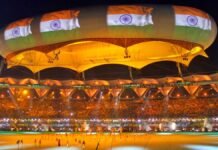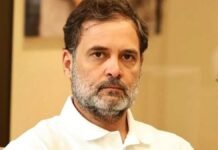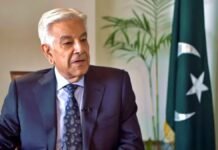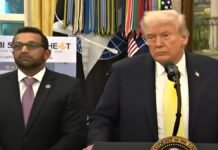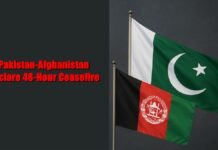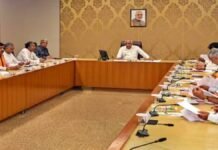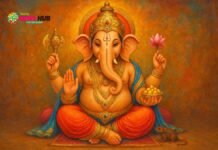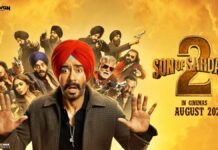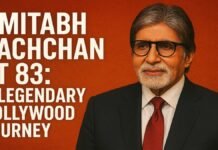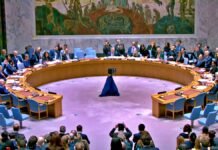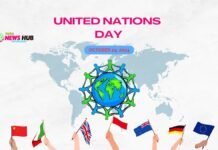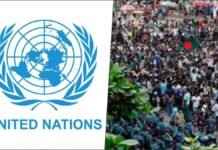
United Nations: Corona Virus, which killed one million people worldwide, has exposed the failure of the United Nations to unite countries in dealing with this crisis. With this, new voices have been raised to reform the world body so that the bodies are able to deal with a variety of challenges that are very different from the time when the United Nations was formed.
UN Secretary-General Antonio Gutares said last week, “The epidemic is a clear test of international cooperation – an investigation in which we have certainly failed.” He said, “There is no contact between leadership and power”. He warned that in the 21st century disconnected world, “solidarity is in everyone’s interest and if we do not understand this, then everyone is at a disadvantage.”

The first online meeting of world leaders at the General Assembly revealed tensions between major powers, growing inequality between poor and rich countries, and increasing difficulty in uniting key issues among the 193 member nations of the world. After World War II, this body was formed with 50 members and the member nations resolved to “save the coming generations from the curse of war”, but due to inequality, hunger and climate crisis worldwide Conflicts continued to grow.
Switzerland President Simonetta Sommaruga said, “We can criticize the United Nations for this, but what are we talking about when we blame the world?” We are talking about ourselves because the world is made up of member nations. It is usually the member nations that interrupt the work of the world. “
French President Emmanuel Macron said that the United Nations “found it so difficult to agree on even the smallest things that it was at risk of being powerless.”
The President of Kenya, Uhuru Kanyata, said that the majority of the global population today does not attach itself to the circumstances of the establishment of the world. He asked, “What is this (sanra) giving to the world today?” For many leaders, the most important role of the world is to bring all countries together to talk. But there is considerable disappointment about its rule such as the consensus of all member nations on important documents.
This is the reason why there is still no end to the debate that has been going on for 40 years on the subject like reform of the Security Council. There is a demand in the fifteen-member Security Council to make changes to suit the present realities so that there can be more comprehensive representation. Prime Minister Narendra Modi also asked in his address on Saturday, “How long will India be excluded from the UN decision-making committee.”


